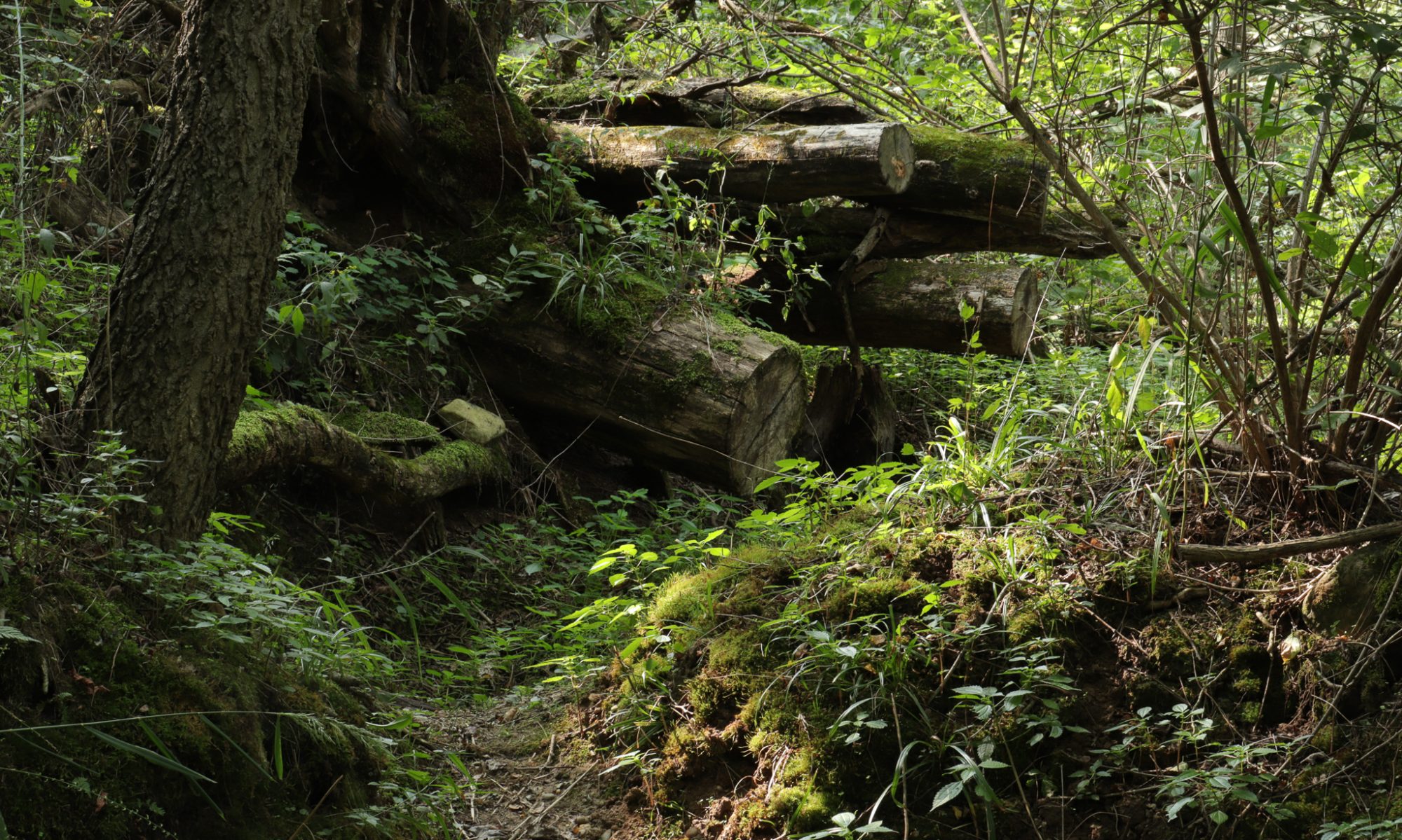Ecosystems Discernment Committee of The Hermitage Community
God as Wholeness: “All Creation Groans” An Eco-Theology Retreat Summer Solstice, June 20, 2020
Session 2: Union with God, Interconnection, and Vulnerability
Please watch this short recorded reflection, and consider the following readings:
Peter Sawtell, “George Floyd, Racism, and Transformation,” Eco-Justice Notes (June 5, 2020)
Jane Stoltzfus Buller, Reflections on Growing a Revolution
Margie Pfeil, The Preferential Option for the Poor and COVID-19
This excerpt from Pope Francis, Laudato si’ (On Care for Our Common Home, 2015):
48. The human environment and the natural environment deteriorate together; we cannot adequately combat environmental degradation unless we attend to causes related to human and social degradation. In fact, the deterioration of the environment and of society affects the most vulnerable people on the planet: “Both everyday experience and scientific research show that the gravest effects of all attacks on the environment are suffered by the poorest”.[26] For example, the depletion of fishing reserves especially hurts small fishing communities without the means to replace those resources; water pollution particularly affects the poor who cannot buy bottled water; and rises in the sea level mainly affect impoverished coastal populations who have nowhere else to go. The impact of present imbalances is also seen in the premature death of many of the poor, in conflicts sparked by the shortage of resources, and in any number of other problems which are insufficiently represented on global agendas.[27]
49. It needs to be said that, generally speaking, there is little in the way of clear awareness of problems which especially affect the excluded. Yet they are the majority of the planet’s population, billions of people. These days, they are mentioned in international political and economic discussions, but one often has the impression that their problems are brought up as an afterthought, a question which gets added almost out of duty or in a tangential way, if not treated merely as collateral damage. Indeed, when all is said and done, they frequently remain at the bottom of the pile. This is due partly to the fact that many professionals, opinion makers, communications media and centres of power, being located in affluent urban areas, are far removed from the poor, with little direct contact with their problems. They live and reason from the comfortable position of a high level of development and a quality of life well beyond the reach of the majority of the world’s population. This lack of physical contact and encounter, encouraged at times by the disintegration of our cities, can lead to a numbing of conscience and to tendentious analyses which neglect parts of reality. At times this attitude exists side by side with a “green” rhetoric. Today, however, we have to realize that a true ecological approach always becomes a social approach; it must integrate questions of justice in debates on the environment, so as to hear both the cry of the earth and the cry of the poor.
Reflection Questions:
Please take some time before our gathering on June 20 to pray and perhaps journal about these questions or others that present themselves to you.
- How does union with God impact how we interact with our world?
- What are the implications of the interconnectedness of all of God’s creation? What does it mean in your own life?
- Spiritually, what is emerging for you in relation to our own time? How do you experience God’s presence?
